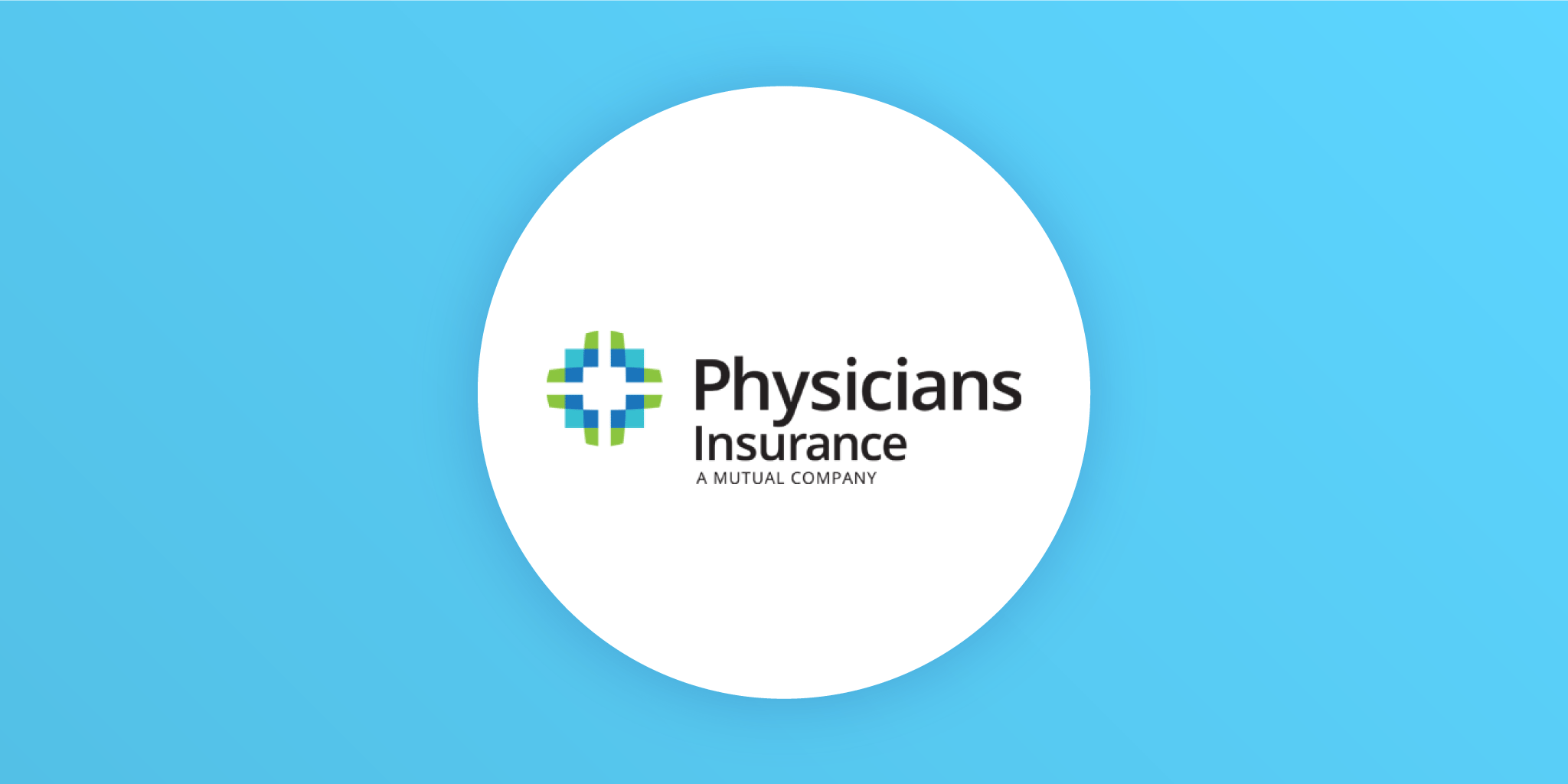Physicians Insurance is a company where employees want to stay for the long-term and grow their careers. Case in point – Yelena Neuman, Human Resources Manager, has been at the organization for nine years, and the average employee tenure is over nine years as well. But building a culture around talent management did not happen overnight. Read our below Q&A with Yelena to learn how Physicians Insurance fostered employee development within their performance programs.
Reflektive: Can you tell us a little bit about Physicians Insurance?
Yelena: Founded in 1982, Physicians Insurance serves more than 8,500 members in Alaska, Idaho, Oregon, and Washington, and provides risk-management consulting, continuing medical education, and claims administration services. The company has grown to be the largest insurer of physicians and hospitals in the Pacific Northwest.
Reflektive: What was performance management like prior to using Reflektive?
Yelena: We were using Microsoft Word and paper for our performance programs. We had one review per year, and employees were updating their goals once per year too. There were pain points around this — goals were no longer relevant, and it was difficult to improve employee performance with only one meaningful, annual conversation.
Additionally, the review process was really clunky for everyone. The annual review was a three-month process end-to-end, which is much longer than it should have been. For the HR team, simply setting up the review cycle was painful — it took us several hours of manual work.
Reflektive: What was the turning point that inspired you to make a change?
Yelena: We knew that the review process had to change! Not only was it time-consuming, but it didn’t support the talent management culture that is key to our employee retention and productivity. We wanted to drive more frequent conversations around coaching and development opportunities. Additionally, we wanted flexible goals that could be updated to reflect our business needs.
One of our managers knew someone who had a really great experience with Reflektive and encouraged us to check them out. After speaking to Reflektive about our business needs, we realized that they met all of them — and they had a Recognition product, which we were super excited about!
Reflektive: We’re glad you made the switch! Can you talk a little bit more about how you improved your performance review process, and used it to support your talent management efforts?
Yelena: We now have two formal check-ins per year, and continuous 1:1 conversations. Our check-ins generally include 3-5 questions, and cover employee development, goal-setting, and performance feedback. Sample questions include:
- What areas would you like to improve or develop professionally?
- What gives you the greatest job satisfaction?
Direct reports are encouraged to discuss their professional growth during 1:1s too. The more frequent conversations allow managers and employees to better align on performance expectations as well.
Reflektive: That’s great to hear! Has the new process been helpful for your stakeholders?
Yelena: Definitely! We’ve cut the end-to-end review process time by more than 67% — what used to take 3 months now takes less than one month. For the HR team, it takes us 75% less time (from several hours to less than an hour) to set up a cycle.
Reflektive: How did you achieve those time savings?
Yelena: The Reflektive Support Center provided steps on set-up and training tools for users. The training also had screenshots that I used to develop guides for employees.
Less time is now spent on tracking down paper forms and making sure they are signed and stored. Now reviews are in one place, and accessible to managers, employees and HR. They can also be referred to at any time.
Reflektive: Has your new performance review approach moved the needle on employee retention?
Yelena: I believe it has! Employees know that they can grow their career at Physicians Insurance, and that their manager is there to support them. Reflektive allows employees and managers to track development plans together in a shared tool versus the outdated paper version. This fosters continuous conversations without details getting lost in a paper shuffle.
I also believe that our changes implemented during COVID-19 – such as the ability to work from home and stay connected with video team meetings – has helped us eliminate turnover.

Reflektive: How did you know what changes to make during the COVID-19 pandemic?
Yelena: We used Reflektive’s engagement surveys to better understand what our employees needed. Specifically, we used Reflektive’s Coronavirus Sentiment Survey because we liked the questions and approach. It was easy for employees to access the survey, with a link sent to their email. I think that’s how we achieved a completion rate of more than 80%!
Our HR team used pre-built Reflektive reports in People Intelligence – such as comment themes and favorability scores – to analyze the survey results. We learned that employees appreciated the ability to work from home, but also wanted to stay connected to their peers. A big insight for us was that employees wanted to come into the office from time to time, so we developed standards and procedures to help them stay safe while they were on site.
We also saw that the most commented-on theme was employees’ remote work set-up — people missed their office workstations. So we worked with IT to address this by getting employees the resources they needed to be most productive at home.
Reflektive: It sounds like Physicians Insurance is very responsive to employee needs while they’re remote. How else have you been driving talent management forward during this time?
Yelena: We’re using Reflektive to encourage employees to take ownership of their career development. Specifically, we’re using Reflektive Goals to help employees drive their own growth. Rather than an annual goals update, employees now adjust goals on a regular basis to reflect changing business needs. We’ve done a few training sessions on the value of goals and how to use them in Reflektive.
Additionally, managers and employees are using Reflektive 1:1s to have ad-hoc conversations on professional development. We’ve received a lot of anecdotal feedback from managers that they really enjoy using the 1:1s. Managers make better use of their time with an agenda, and can easily refer back to previous conversations. This helps them know who was assigned to what, and the topics they’ll cover next week. 1:1s are especially important now that we’re all remote!
Reflektive: Final question: how have you driven adoption of your performance programs?
Yelena: There are a few strategies we took to boost employee participation in our programs:
- Trainings: We led multiple training sessions, with some targeted to managers and others for employees. We’ve leveraged the Reflektive Support Center for a lot of helpful content (I just type into the Search bar my question and can pull up all types of resources).
- Communications: We always let employees know what performance programs are changing, and why. In follow-up communications, we list out the steps that employees need to take to complete their check-ins or add their goals. It’s always good to have bullet points so the content is more digestible!
- Advisory Team: We have a group of 10 people, including managers and employees, to be advocates for our performance programs. They encourage colleagues to take action and are very well-versed in Reflektive and performance best practices.
